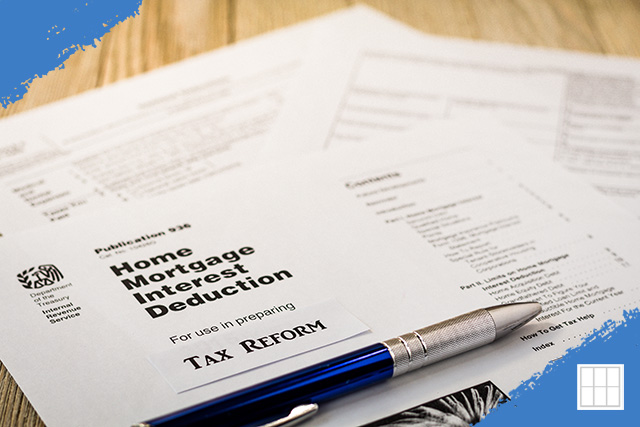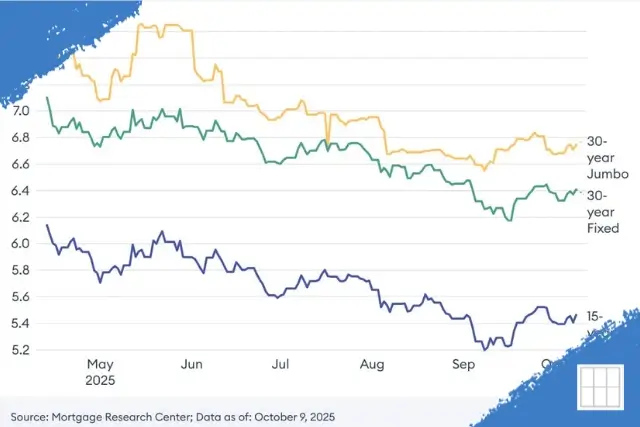Moving to Kansas City in 2026 is a move toward what many call "The Goldilocks…

Maximizing Your Mortgage Interest Tax Deduction in Kansas City
As a homeowner, one of the most significant tax benefits available is the mortgage interest tax deduction. This deduction can save you substantial money on your taxes, but understanding how it works is crucial to maximizing its benefits. Whether you’re a first-time homeowner or have been in your home for years, this guide will help you navigate the complexities of the mortgage interest tax deduction and ensure you’re getting the most out of this valuable tax break.
What is the Mortgage Interest Tax Deduction?
The mortgage interest tax deduction allows homeowners to deduct the interest paid on a qualified mortgage from their taxable income. This can reduce your tax liability, making homeownership more affordable. The deduction applies to interest paid on loans used to buy, build, or improve your primary or secondary home.
Eligibility Requirements
To qualify for the mortgage interest tax deduction, your mortgage must meet certain criteria:
- Loan Type: The loan must be a secured debt on a qualified home. This includes mortgages, second mortgages, and home equity loans.
- Loan Amount: The deduction is limited to interest on the first $750,000 of mortgage debt ($375,000 if married filing separately). For loans taken before December 16, 2017, the limit is $1 million.
- Purpose of the Loan: The loan must be used to buy, build, or improve your home. Refinancing also qualifies if the new loan doesn’t exceed the original mortgage amount.
How to Calculate Your Deduction
Calculating your mortgage interest tax deduction involves determining the amount of interest you paid during the tax year. Here’s how to get started:
- Gather Your Documents: Your lender will provide a Form 1098, which shows the total interest you paid on your mortgage during the year.
- Determine Your Deduction: Enter the interest amount from Form 1098 on Schedule A of your tax return. If you itemize deductions, the total amount will reduce your taxable income.
- Consider Limits: Remember that the deduction is capped based on the loan amount and filing status. Ensure your loan doesn’t exceed these limits to maximize your deduction.
Impact of the Standard Deduction
The standard deduction for 2025 is $15,000 for single filers and married people filing separately, $22,500 for heads of household, and $30,000 for those married filing jointly and surviving spouses.
If your total itemized deductions, including mortgage interest, don’t exceed the standard deduction, you might not benefit from itemizing. However, for many homeowners in Kansas City with significant mortgage interest, itemizing can still provide substantial tax savings.
Refinancing and the Mortgage Interest Tax Deduction
Refinancing your mortgage can also affect your ability to claim the mortgage interest tax deduction. When you refinance, the new loan must be used to pay off the original mortgage, and the deduction limits apply to the new loan’s balance. If you take cash out during refinancing, the additional amount must be used for home improvements to qualify for the deduction.
Strategies to Maximize Your Deduction
Here are a few strategies to help you get the most out of your mortgage interest tax deduction:
- Itemize Your Deductions: Ensure that itemizing deductions benefits you more than taking the standard deduction.
- Keep Good Records: Maintain accurate records of your mortgage payments, including interest paid and the use of loan proceeds.
- Consider Timing: If you’re close to paying off your mortgage, consider prepaying some interest to maximize your deduction in the current year.
Potential Changes to the Deduction
Tax laws are subject to change, and it’s essential to stay informed about potential modifications to the mortgage interest tax deduction (Source IRS). Recent discussions in Congress suggest that future tax reforms could impact this deduction, particularly for higher-income taxpayers. Staying updated on these changes can help you plan your finances more effectively.
Conclusion
Understanding and optimizing the mortgage interest tax deduction can lead to significant tax savings for homeowners. By meeting the eligibility requirements, itemizing deductions, and staying informed about potential tax law changes, you can make the most of this valuable benefit. If you’re a homeowner in Kansas City looking to take advantage of the mortgage interest tax deduction, now is the time to review your finances and ensure you’re maximizing your savings.
For personalized advice and to explore your mortgage options, contact Metropolitan Mortgage in Kansas City today. Our experts are here to help you navigate the complexities of homeownership and make informed decisions that benefit your financial future.



